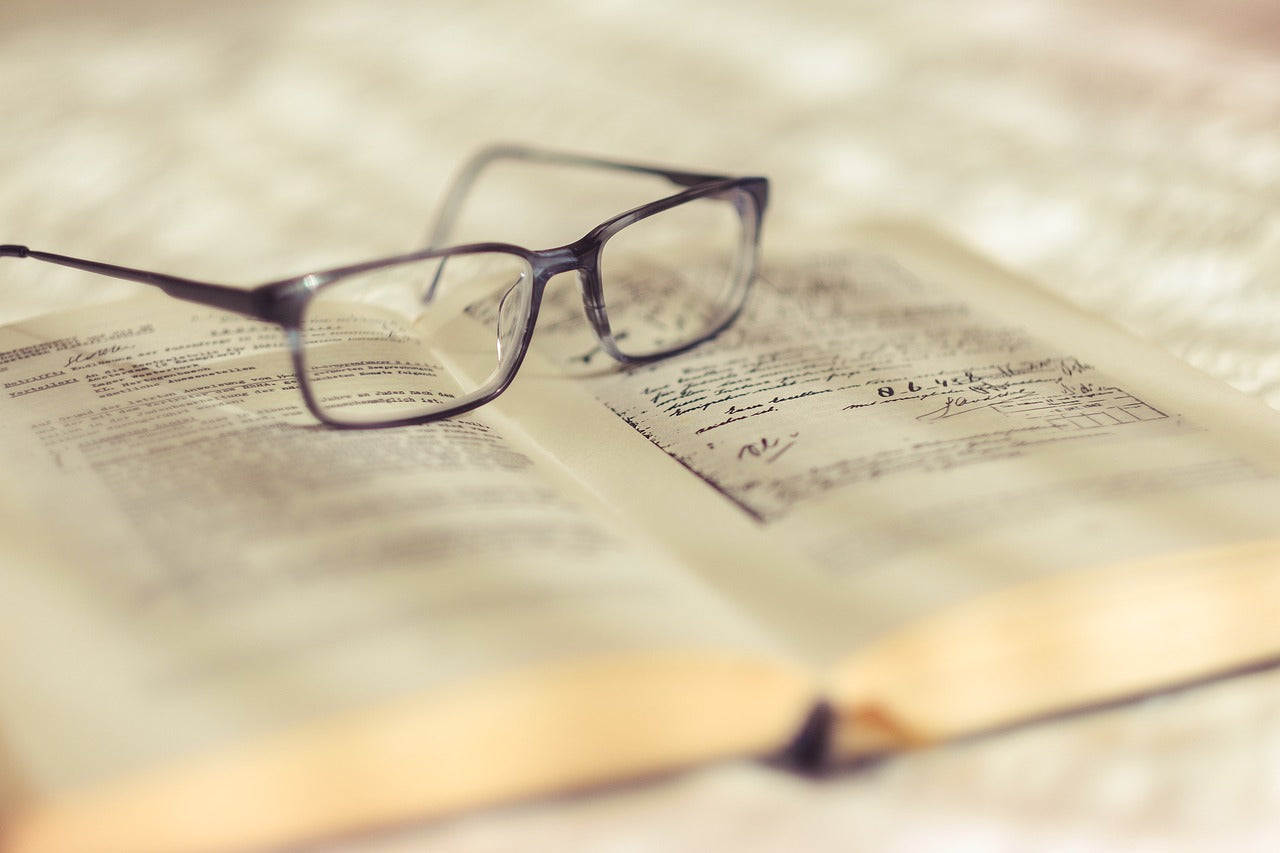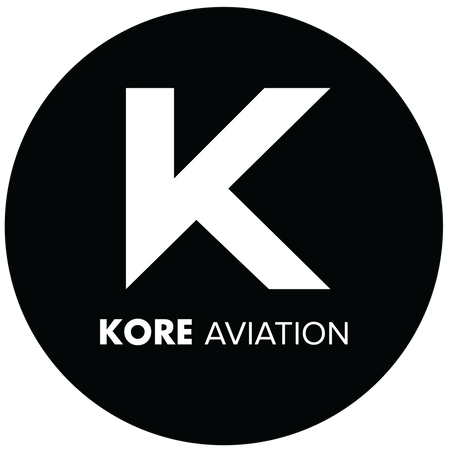
Kore Aviation - Can I be a pilot if I don't have perfect vision? It’s one of the most common questions asked by aspiring aviators. The good news is that you do not need 20/20 uncorrected eyesight to earn your wings. In fact, many licensed pilots wear glasses or contact lenses. What matters more is whether your vision can be corrected to meet FAA standards.
This article will explain the vision requirements for pilots, what kinds of correction are allowed, and how your eye health affects your flight training journey.
FAA Vision Requirements Explained
The Federal Aviation Administration sets specific vision guidelines for pilot medical exams. These vary depending on which class of medical certificate you need.
First-Class Medical (for airline transport pilots)
- Distant vision: 20/20 in each eye, with or without correction
- Near vision: 20/40 or better, corrected or uncorrected
- Intermediate vision (age 50+): 20/40 or better
Second-Class Medical (for commercial pilots)
- Distant vision: 20/20 in each eye, with or without correction
- Near vision: 20/40 or better
Third-Class Medical (for private pilots)
- Distant vision: 20/40 in each eye, corrected or uncorrected
- Near vision: 20/40 or better
The key is that corrected vision counts. If glasses or contacts bring you to the right levels, you are cleared.
Common Eye Conditions and Flight Eligibility
Let’s look at some of the most common vision issues and how they affect eligibility.
-
Nearsightedness (Myopia)
You can still become a pilot if your myopia is correctable to 20/20. Glasses or contacts are allowed. -
Farsightedness (Hyperopia)
Same rule applies. As long as vision is corrected to FAA standards, you are eligible. -
Astigmatism
Not a disqualifier. Most students with astigmatism pass their FAA medicals with prescription lenses. -
Color Blindness
This can be a concern. FAA testing will determine your ability to identify signal lights and cockpit indicators. Some restrictions may apply depending on severity. -
LASIK or PRK Surgery
These procedures are permitted. You must wait until vision stabilizes and be cleared by an FAA Aviation Medical Examiner (AME).
Discover on: How Long Does It Take to Become a Pilot?
5 Myths About Pilot Vision You Should Ignore
-
You must have 20/20 natural vision to fly
False. Most pilots wear corrective lenses. -
Wearing glasses disqualifies you
False. Glasses and contacts are accepted and even listed on your medical form. -
Eye surgery disqualifies you from flying
Not true. LASIK or PRK is FAA approved with proper documentation. -
Color blindness always means you can’t fly
Not always. Many pilots with mild color blindness still qualify with limitations. -
You can't fly with one eye
Partial truth. Some special issuance cases exist for monocular pilots with extensive experience.
How to Prepare for Your FAA Vision Test
If you're asking can I be a pilot if I don't have perfect vision, start with these prep steps:
- Visit your eye doctor before your FAA medical exam
- Bring your current glasses or contacts to the appointment
- Know your correction level and have documentation ready
- Be honest with your AME about your eye history and any surgeries
Real Student Pilot Experience
Take Maria, a student at a regional flight school in Texas. She wore glasses for myopia and thought she’d never fly. Her AME gave her a third-class medical certificate with no restrictions other than “must wear corrective lenses.” Maria passed her solo with flying colors and is now studying for her instrument rating.
Whether you have 20/20 vision or wear lenses, your audio clarity matters. Visit our guide on How to Choose and Test an Aviation Headset Before Your First Flight
FAQs: Can I Be a Pilot If I Don't Have Perfect Vision?
-
Do I need to have 20/20 vision without glasses?
No. Corrected vision to FAA standards is acceptable for all license types. -
Can I wear contact lenses during flight?
Yes. Many pilots wear contacts while flying. They must correct your vision to 20/20 or 20/40 depending on license level. -
Will I need to carry backup glasses?
Yes. If you wear contacts, the FAA requires a backup pair of glasses on board. -
How soon after LASIK can I apply for a medical?
You must wait until your vision stabilizes. Most AMEs recommend 30 to 90 days post-procedure with proper eye exam documentation. -
What if I’m color blind?
You may need additional testing. If you pass, your license may include a note but not a full restriction. -
Do student pilots need the same vision as commercial pilots?
Private and student pilots need 20/40 corrected vision. Commercial pilots require 20/20.
Conclusion
So can I be a pilot if I don't have perfect vision? Yes, you absolutely can. As long as your vision is correctable to FAA standards, your dream of flying is within reach. Many pilots fly with glasses or contacts every day. Don’t let your prescription stop you.
Train with confidence. Get the best aviation headset for student pilots at Kore Aviation so you hear every call clearly and fly your best.
